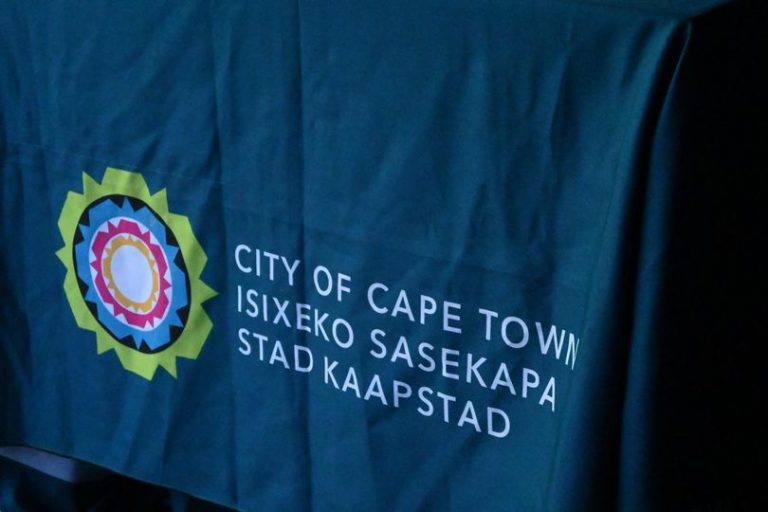Government and its entities have a historical tendency to suppress the outcomes of investigative reports into serious allegations.
Corruption Watch executive director, Karam Singh notes that while cases will need to be looked at individually, he points that while working at the Special Investigating Unit, completed reports often didn’t see the light of day or become public after being submitted to authorities.
The remarks come as the Cape Coloured Congress (CCC) is pushing for answers about a multi-million-rand tender that was awarded and then cancelled. It believes there was alleged fraud. The tender was meant to deal with ailing and collapsing staircases at municipal rental stock on the Cape Flats. The CCC believes the cancellation was illegal.
It has called for the City of Cape Town’s forensic report to be released – even a redacted version – and for it to be tabled before council. But the municipality has refused, saying that forensic reports are not sent to council but to their respective delegated authorities. It adds that these reports are classified as confidential in terms of the City’s Records Management Policy which it claims is aligned to the National Archives Act.
It strikes me as curious that the report would not be made available at least to the councillors in a context where they would need to understand what is in that report in order to make a determination on the way forward. – Karam Singh









